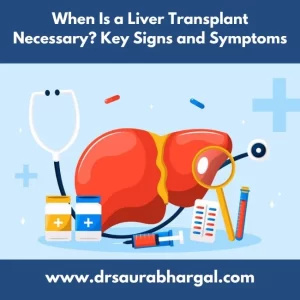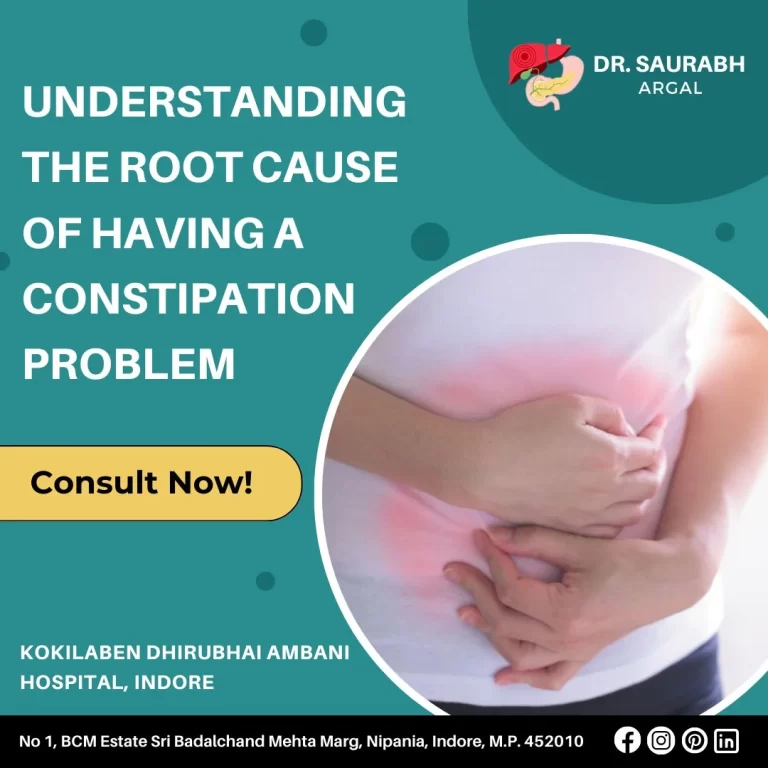In the realm of digestive health, there are various conditions that often take the spotlight, leaving others in the shadows. One such condition that frequently goes unnoticed is Exocrine Pancreatic Insufficiency, or EPI. While it may not be a household name, EPI can significantly impact your digestive system and overall well-being. In this blog post, we’ll delve into what EPI is, its causes, symptoms, and why it’s essential not to overlook this diagnosis.
Table of Contents
ToggleUnderstanding Exocrine Pancreatic Insufficiency (EPI):
The pancreas plays a crucial role in digestion. It produces enzymes, including lipase, amylase, and protease, which are essential for breaking down fats, carbohydrates, and proteins. Exocrine Pancreatic Insufficiency occurs when the pancreas fails to produce enough of these digestive enzymes. Without these enzymes, the body cannot properly absorb nutrients from food, leading to a range of health issues.
Causes of EPI:
EPI can have various underlying causes, including:
Chronic Pancreatitis: Long-term inflammation of the pancreas can damage the gland’s ability to produce enzymes.
Cystic Fibrosis: This genetic disorder affects the pancreas, leading to thickened mucus that can block the release of digestive enzymes.
Surgery on the pancreas: Surgical interventions involving the pancreas can potentially disrupt its regular functionality.
Certain Medications: Some medications, like those used for managing diabetes, can affect pancreatic enzyme production.
Recognizing the Symptoms:
EPI can present a wide range of symptoms, many of which are often mistaken for other digestive issues. Common signs of EPI include:
Chronic diarrhea: Frequent loose, greasy stools.
Weight loss: Due to poor nutrient absorption.
Abdominal pain: Often characterized by cramping and discomfort.
Gas and bloating: Difficulty digesting food can lead to excess gas and bloating.
Steatorrhea: Pale, foul-smelling, and floating stools due to undigested fat.
Malnutrition: As the body can’t absorb essential nutrients.
Why You Shouldn’t Overlook EPI:
EPI can be challenging to diagnose because its symptoms are often attributed to other gastrointestinal conditions like irritable bowel syndrome or celiac disease. However, failing to recognize and address EPI can have significant consequences on your health. Malabsorption of vital nutrients can lead to deficiencies in vitamins and minerals, such as A, D, E, and K, which can result in a host of health issues.
Moreover, untreated EPI can cause long-term damage to the pancreas, exacerbating the condition and making it even more challenging to manage. This underscores the importance of seeking medical attention if you suspect you may have EPI, especially if you have risk factors like a history of chronic pancreatitis or cystic fibrosis.
Managing EPI:
The good news is that EPI can be managed effectively. Treatment typically involves pancreatic enzyme replacement therapy (PERT). This medication provides the body with the enzymes it lacks, helping to digest food properly and alleviate symptoms. In addition to PERT, maintaining a well-balanced diet and making lifestyle adjustments can further improve your digestive health. Visit gastroenterologist doctor in Indore
In Conclusion:
Exocrine Pancreatic Insufficiency may not be a condition you hear about every day, but its impact on your digestive health should not be underestimated. Recognizing the symptoms and seeking proper diagnosis and treatment is crucial to prevent long-term health complications. If you or someone you know experiences persistent digestive issues, consider the possibility of EPI, and consult a healthcare professional for guidance. Your digestive health is essential, and addressing EPI can make a significant difference in your overall well-being.








